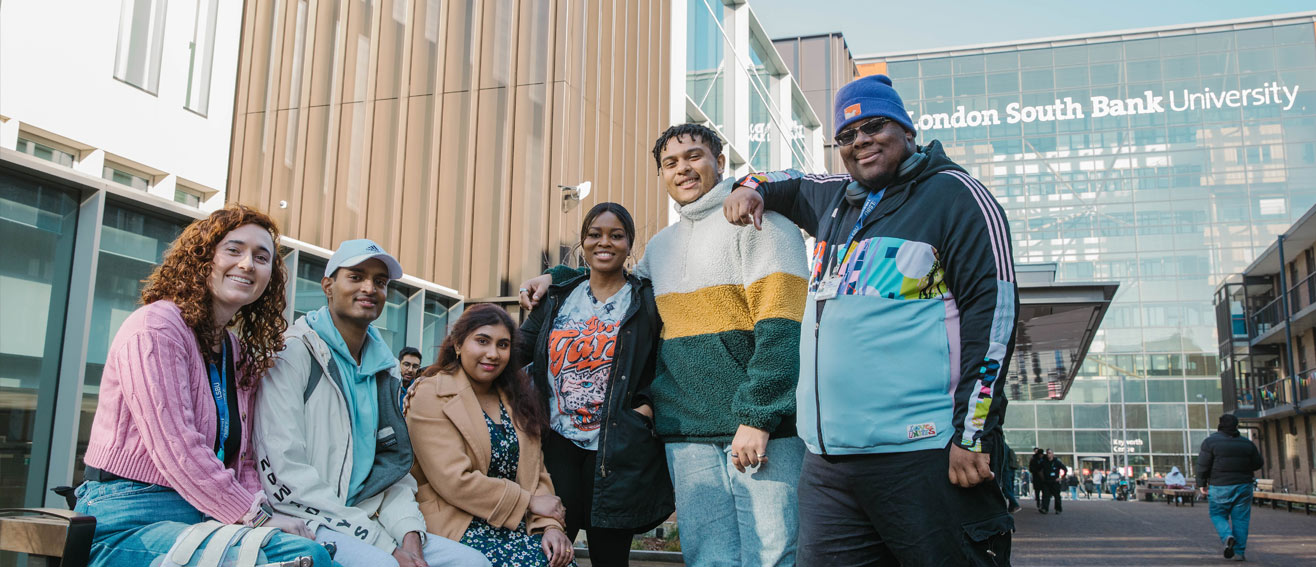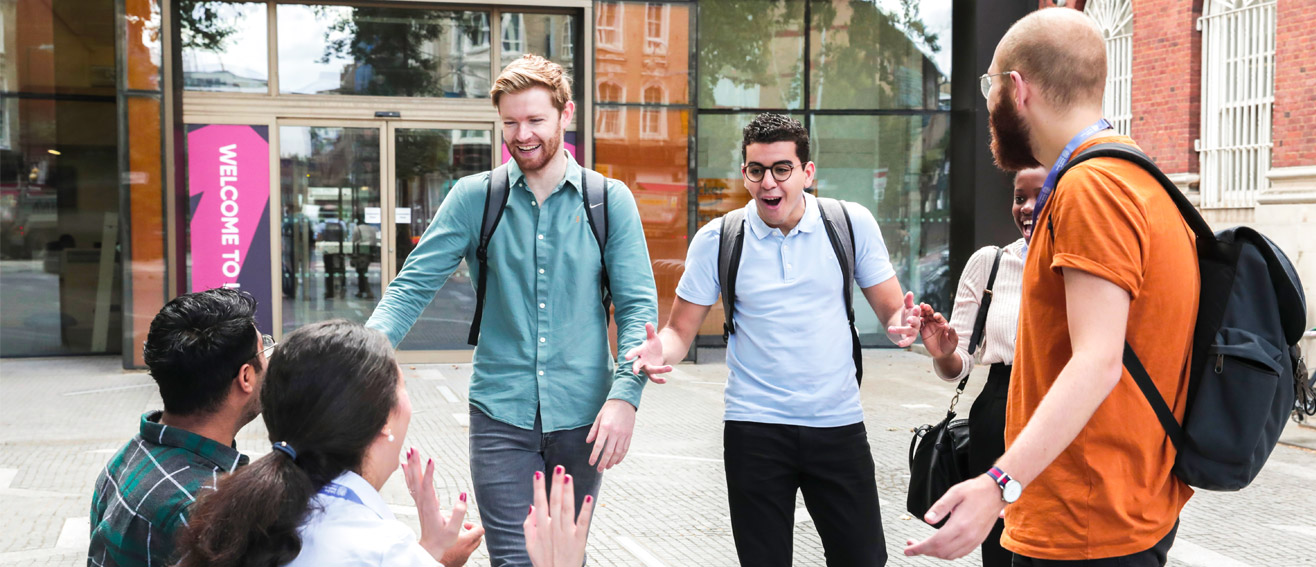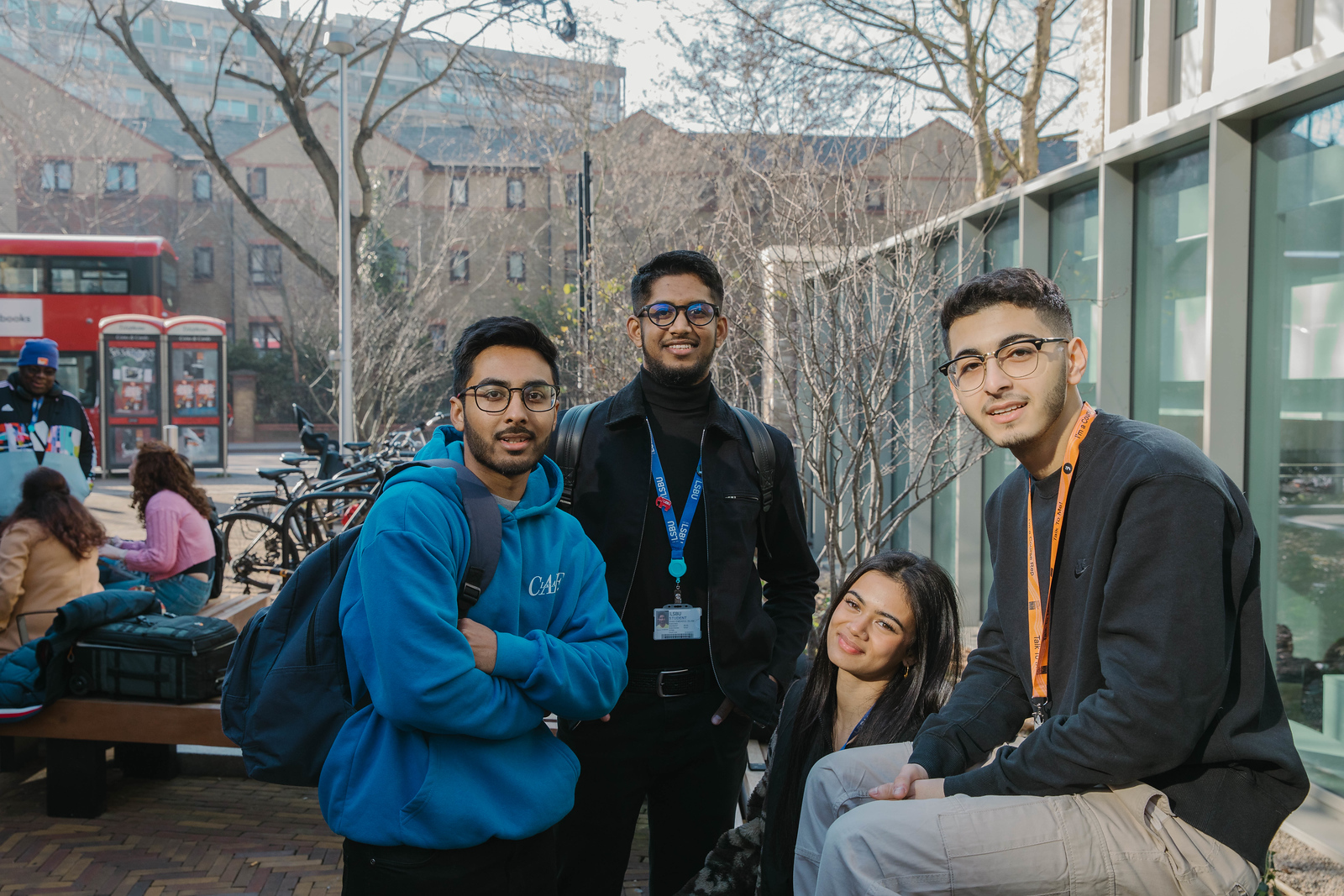
Support available to LSBU students
Support available to LSBU students
Just like at school and college, there are many support teams at our university to ensure that our students get the care and advice they need throughout their time at LSBU. These teams are experts in their fields and always willing to help and assist.
Your learner will be able to access support teams to get help with:
- Disability and dyslexia
- Health and wellbeing
- Careers and employability – throughout their time at university
- Student money advice – and budgeting
- Accommodation help
- Learning resources
- Being a refugee and asylum seeker
- Care leavers and estranged students’ support
- Multi-faith support
Crucially, we want you to have the confidence to support your young person, no matter what stage of their journey they’re at. We know this can be a very challenging time not only for them but for you as well, but we hope that you can feel safe in the knowledge that there are plenty of people available to support and guide them throughout their time at university. They will be looked out for and looked after, and if you have any further questions please do not hesitate to get in touch. We wish you both the very best of luck with this exciting time!
See:

Students’ Union
We have a well-resourced Students’ Union, run by our current students and alumni, who know just what it is to be a student at LSBU and living in London. They are always willing to share their student discount tips too.
Students' Union | London South Bank University (lsbu.ac.uk)
Check out our amazing student perks | London South Bank University (lsbu.ac.uk)

Support for Applicants and New Students
See our Applicant Hub:
Applicant Hub | London South Bank University (lsbu.ac.uk)
See our New Students Induction and Enrolment:
New students Induction and Enrolment | London South Bank University (lsbu.ac.uk)
In this section
- Years 7–9 Pre-GCSEs
- Years 10–11 GCSE years
- Years 12-13 Post-GCSEs Sixth Form College
- Support available to LSBU students



